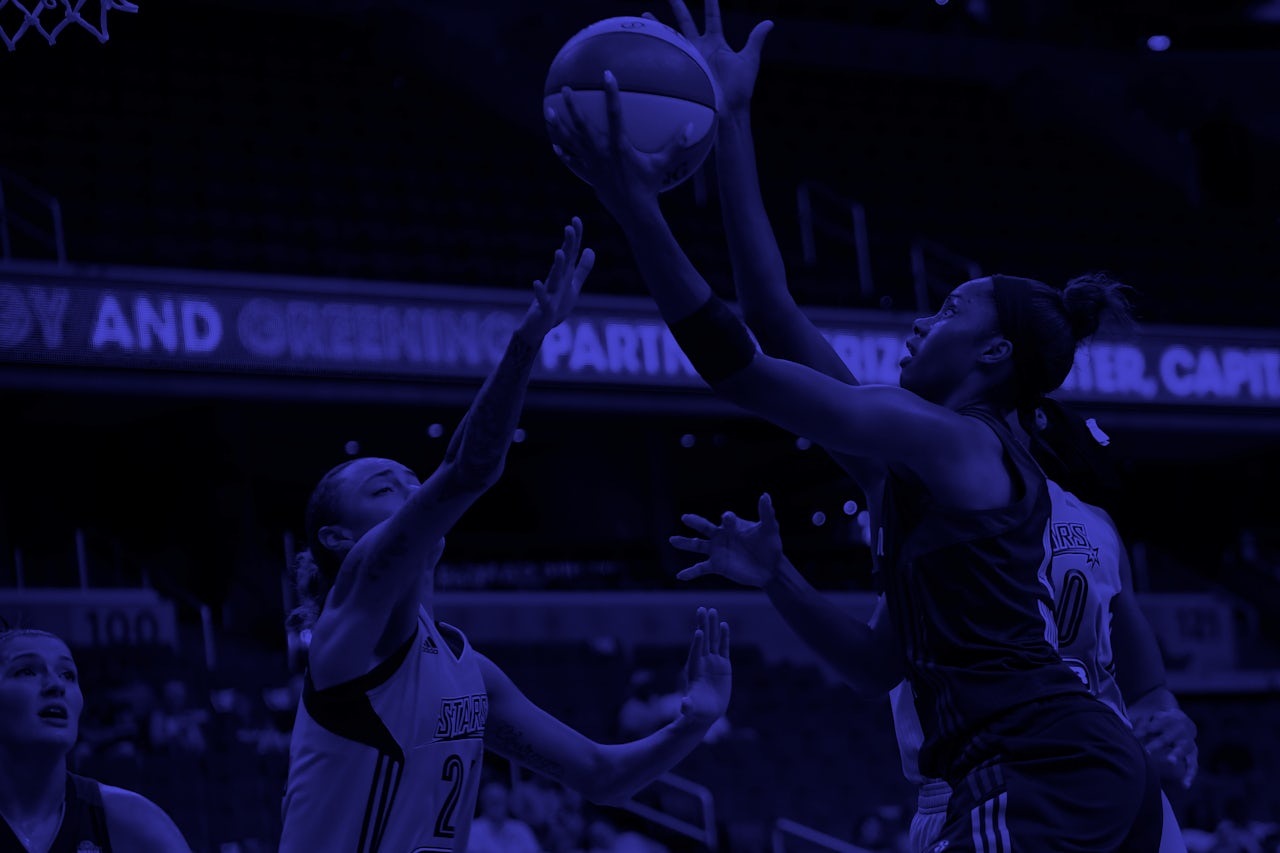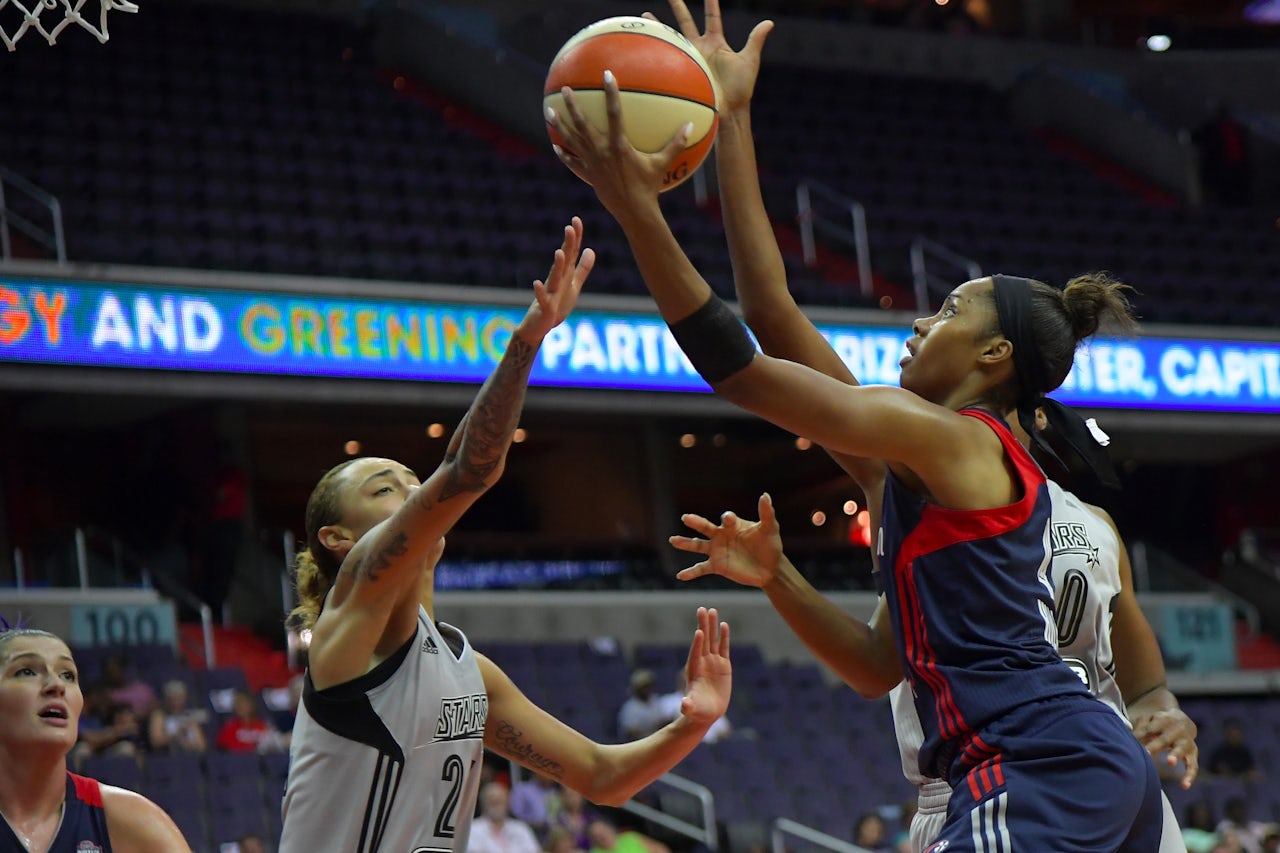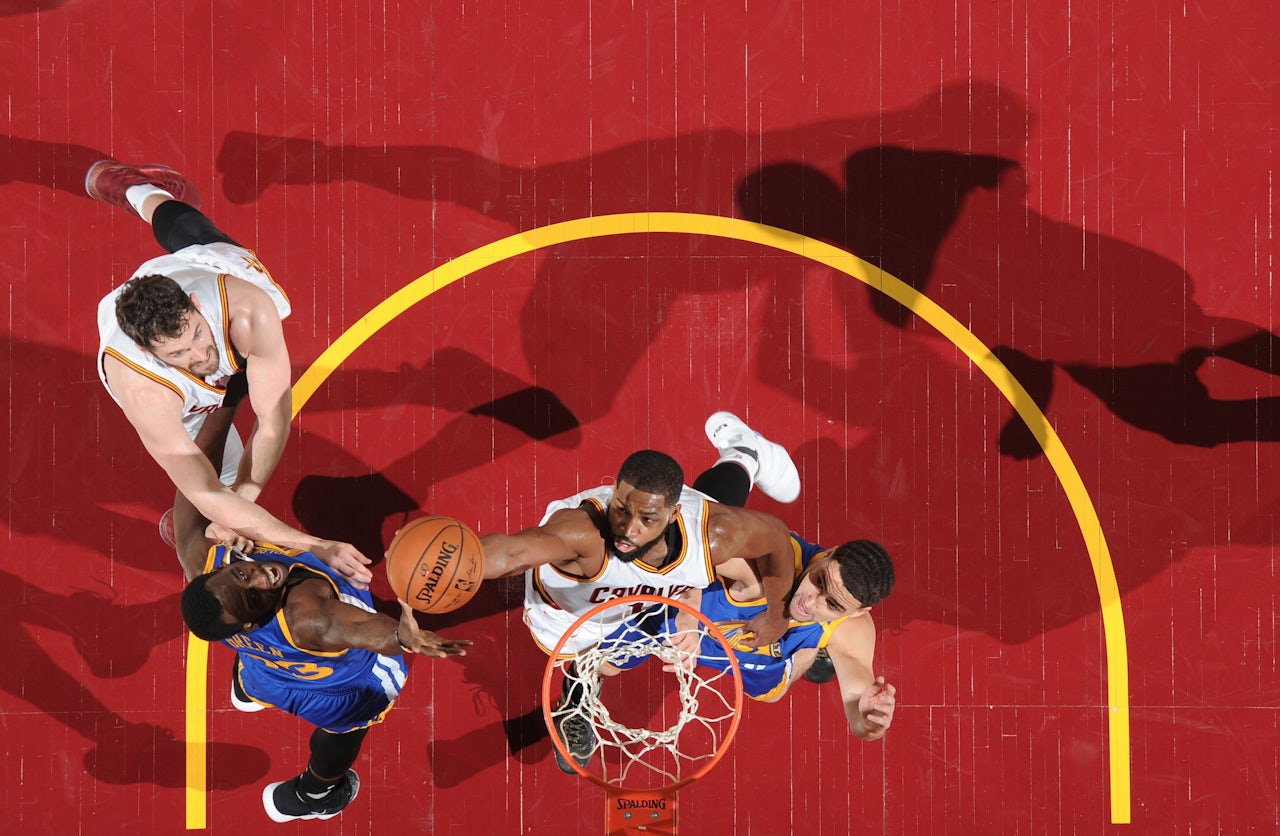Days before they were set to graduate from the University of Nevada, Las Vegas last month, college basketball stars Dylan and Dakota Gonzalez announced they would be forfeiting the opportunity to play another season with the university in order to pursue careers in music. The sisters, who transferred to UNLV from University of Kansas in 2014 and therefore sat out the ’14-’15 season, would have been able to play one season past graduation thanks to NCAA transfer rules. Their decision not to, while disappointing to UNLV fans, was inevitable. The twin sisters have been doing their work as athletes and entertainers — they have 2 million Instagram followers combined and a buzzing SoundCloud — for free for four years. The NCAA’s rules on amateurism prevent student-athletes from earning money from their athletic talent, images, or athletics reputation. The regulations are perennially under fire as calls to pay student-athletes get louder and louder with each academic year and sports season.
Dylan explained the struggle to Slam Online: “At the end of the day, the only thing they would allow us to do was sing the national anthem at a game and make music in our home… Playing a collegiate sport is a job that you don’t get paid for like a job. If you’re trying to build a foundation for yourself in another avenue, it’s nearly impossible because you don’t have the time to do it, nor are you allowed to do it.”
As recent graduates and young women, the Gonzalez sisters faced an unfair ultimatum: Continue playing and selling tickets for a team that won’t pay them, or leave the sport they love and seek a way to support themselves elsewhere. Despite the prestige of being leading Division I college basketball players, they made the right choice. With a new EP out and another due out later this summer, the twins stand to make a lot more from their music and social media celebrity than they ever could as women playing professional basketball in the U.S., and obviously more than they could as amateurs in the NCAA.
The maximum 2017 salary of a WNBA player with less than six years of service in the league is $111,000. For comparison, the 2016-17 season NBA salary cap was $94.1 million. Top social media influencers, however, can earn five and six figure fees from each brand they partner with. Nevertheless, the Gonzalez sisters told Slam Online that they would continue training and teaching skills at basketball clinics and are still considering professional basketball careers overseas. Notably, earnings potential for women basketball players is much higher in countries like Russia and China.
The Gonzalez twins’ decision highlights just how unfair the NCAA’s regulations can be to student-athletes and athletic talent in the U.S. in general, especially when it comes to women, who have a wage gap to contend with anyway. Had the Gonzalez sisters, who are perhaps better known for their Instagram accounts than their basketball careers, been allowed to fully pursue and get paid for their varied lines of work, UNLV wouldn’t be out two basketball stars plus the revenue they helped bring in. What’s more, UNLV’s loss is also the WNBA’s and, by association, the NBA’s.
The level of skill and talent in women’s sports is often dismissed in comparison to men’s. But when you look at the low potential income for a woman playing sports in the U.S. — college, semi-pro, and professional — the odds stacked against women trying to excel in their sports while supporting themselves seem insurmountable. The NCAA can argue all it wants that its rules for amateurism keep college sports uncorrupted and keep athletes’ focus on education, even in the face of arguments that the rules disadvantage student-athletes. But with the Gonzalez sisters’ departure, the message is clearer that ripping off college athletes hurts all U.S. sports. We may never know how many great women athletes we lose every year to other jobs about which they are not passionate, but for which they are much better compensated.
Ultimately, the Gonzalez sisters’ story may prove to be a happy one. They are fortunate enough to be able to make a living off of their work in entertainment and social media. But the majority of college and professional women athletes simply don’t have another high-paying career to fall back on when their pay proves incommensurate for their work and dedication.


